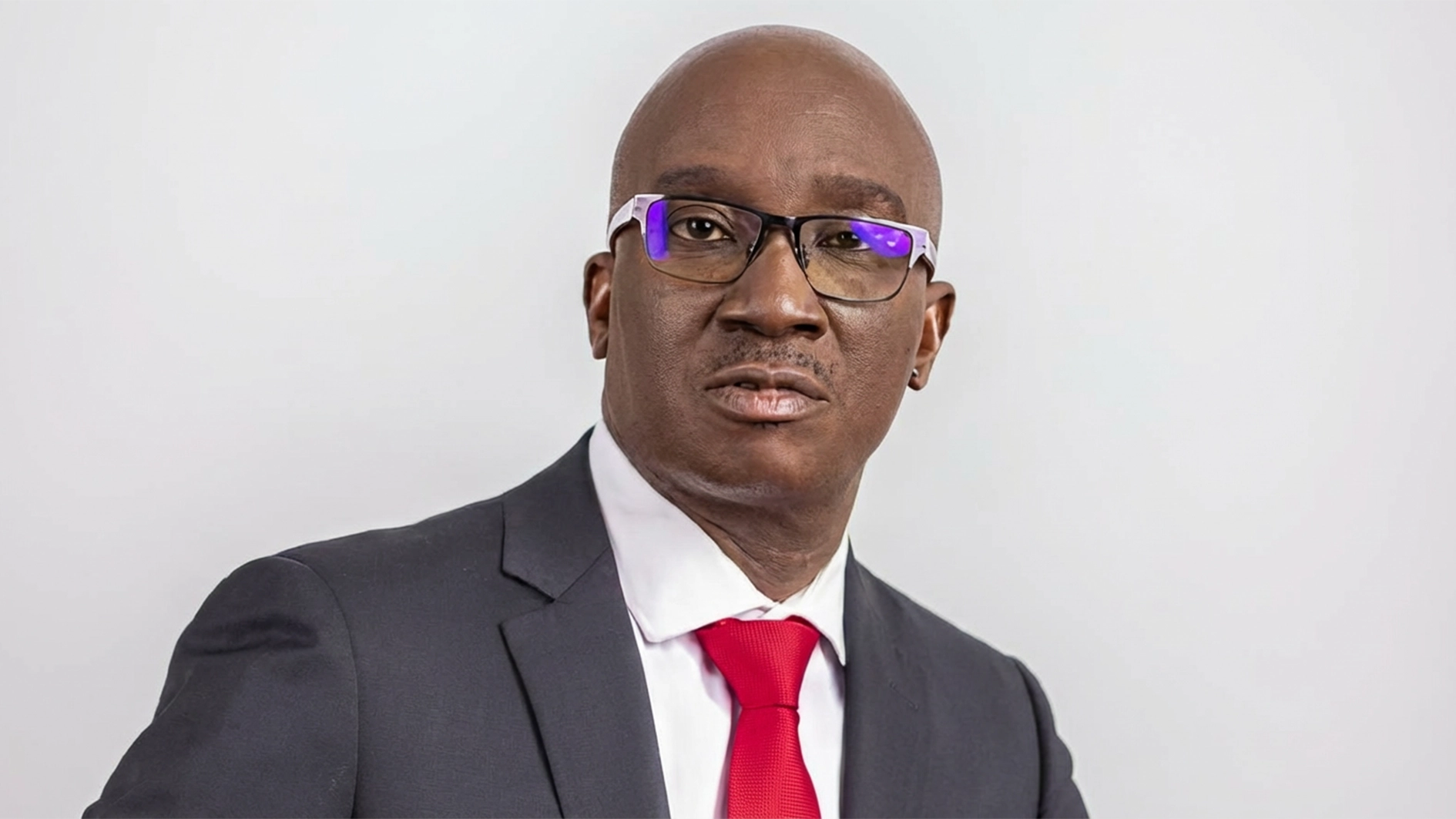Nigerian students and youths are being targeted with nicotine-based products by foreign firms working in concert with local collaborators, tobacco control advocates have warned.
In a joint statement issued in Abuja, the Nigerian Tobacco Control Alliance (NTCA), Corporate Accountability and Public Participation Africa (CAPPA), and Gatefield urged the Federal Government and health authorities to act swiftly against what they described as a coordinated effort to rebrand nicotine products and infiltrate schools.
The groups alleged that the tobacco industry, through its proxies, is exploiting “harm reduction” rhetoric to introduce vapes, nicotine pouches, and heated tobacco devices to young Nigerians — a move they say threatens to erode years of progress in public health.
They noted that at least 43 countries have banned nicotine vaping products, while 26 others have prohibited heated tobacco products due to health and ethical concerns.
“Nigeria cannot be a dumping ground for these rejected products,” the organisations declared. “The government must protect citizens from this dangerous tactic.”
The groups cited a recent event in Abuja organised by a body posing as a “harm reduction organisation from Sweden,” describing it as an attempt to derail the enforcement of Nigeria’s tobacco control laws.
According to them, the Swedish group had urged Nigeria to “learn from the Quit Like Sweden model” while simultaneously promoting nicotine products as “safer alternatives”.
Executive Director of CAPPA, Akinbode Oluwafemi, dismissed such claims as misleading, insisting there is no safe level of nicotine consumption. He cited World Health Organisation (WHO) data indicating that 15 million children aged 13 to 15 are already addicted to e-cigarettes, with children nine times more likely than adults to vape.
“This is the so-called ‘smoke-free future’ the industry envisions — one that sustains a pipeline of young addicts so shareholders can keep smiling to the bank,” he said.
NTCA Coordinator, Olawale Makanjuola, said Nigeria already has a robust legal framework capable of curbing nicotine addiction if fully implemented, stressing that what is lacking is political will.
Gatefield’s Health Communications Specialist, Omei Bongos-Ikwue, urged Nigeria to protect its public health policies from industry interference, noting that as a signatory to the Framework Convention on Tobacco Control (FCTC), the country must prioritise prevention over promotion.
The groups called on parents, schools, and communities to remain vigilant.
“If our institutions fail to act now,” they warned, “Nigeria risks importing a major public health crisis.”






